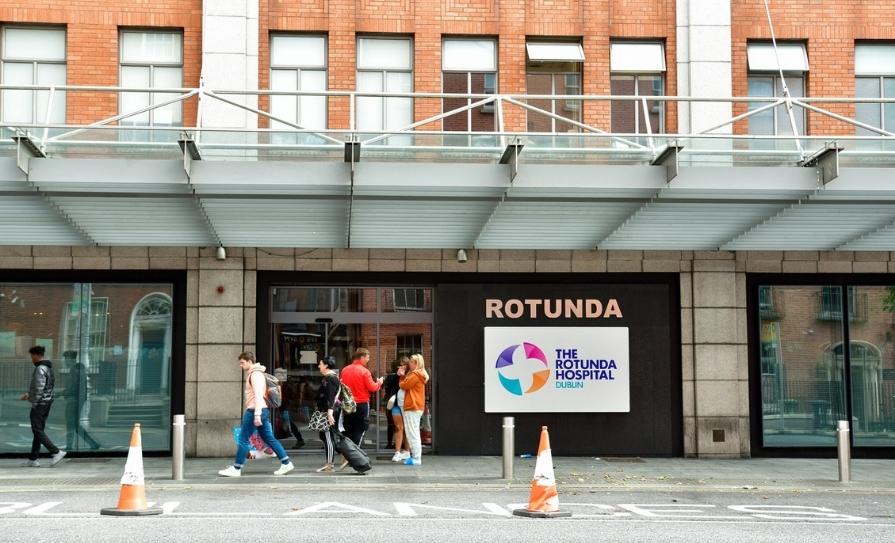A recommendation in favour of reimbursement was unanimously given by Committee members in March after negative findings were issued to company Pfizer in November 2017 and January 2018.
This is despite international guidelines supporting the use of palbociclib and a call for access to the drug “as soon as possible” from the Irish Cancer Society Patient Interest Group, partly redacted committee meeting minutes released via Freedom of Information legislation reveal.
The Irish Society of Medical Oncology wrote to the HSE in January supporting approval of the drug, the minutes showed.
The minutes noted the drug “is an expensive medicine (at list price €51,000 per patient)”.
Pfizer in January offered to reduce the price per pack from €3,800 to €3,200. Minutes revealed the original estimate of gross budget impact was €78 million over five years. Pfizer offered a lower, undisclosed estimate in January, but approval was still denied.
“Company data suggested palbociclib was fully reimbursed in 12 of the 14 IPHA [Irish Pharmaceutical Healthcare Association] basket countries. The group discussed the assessment process in England, which originally had estimated an ICER [incremental cost effectiveness ratio] of £150,000 per QALY [quality adjusted life year]. Significant changes to the UK-submitted model as well as commercial negotiations had preceded the NICE decision to support funding,” minutes from a January meeting stated.
Approval was denied for first- and second-line palbociclib treatment of hormone receptor-positive, human epidermal growth factor receptor 2-negative locally advanced or metastatic breast cancer due “to the absence of a proven overall survival advantage”. Reimbursement was also not supported because of “a significant budget impact and unfavourable cost-effectiveness estimates”.
The HSE’s Corporate Pharmaceutical Unit (CPU) was instructed to “revert to the company to seek improved terms to address cost-effectiveness”.
Meeting minutes from March showed a new, undisclosed price reduction was offered for the drug.
“The group agreed unanimously that it was appropriate to recommend in favour of reimbursement. The significant improvement in value for the health service and State was noted.”
According to the National Cancer Registry Ireland (NCRI), breast cancer is the most common malignant tumour diagnosed in Irish women, with 2,883 cases diagnosed each year on average between 2011-2013.













Leave a Reply
You must be logged in to post a comment.